Plastic is being produced in different classes and examples. It is essential to know the differentiation between their raw materials in order to know which materials are suitable for you. The combination of the plastic product will determine its behavior to impacts, chemicals, shattering and weather hazards.
Acrylic: Strong and transparent, acrylic delivers the same brightness as glass without the risk of breaking. Acrylic can be manufactured in a variety of shapes, including High Impact Acrylic for better durability. Acrylic is excellent weather-resistant, so it can be a great choice for outdoor parts installation.
Polypropylene: From temporary nameplates to printed advertising banners, polypropylene is a versatile plastic with a multitude of uses.
It is manufactured by chain-growth polymerization and is strong, lightweight and resistant to chemicals, oil and water. In addition to nameplates and POS displays, others use general polypropylene adhesive plastic, yogurt pots and pharmaceutical containers.
PVC is the Short phrase for polyvinyl chloride. PVC is one of the most manufactured synthetic plastic polymers in the world. It is available in rigid or flexible shapes and is used to manufacture tubes, bottles, electrical cables, floors and imitation leather. Thanks to its excellent versatility and robustness, foamed PVC is popular in the drawing and exhibition industry.
Polyethylene (PEHD): Popular with builders, architects, and interior designers, high-density polyethylene (HDPE) or high-density polyethylene are thermoplastic polymers made from the monomer ethylene. With a high ratio of strength and density, HDPE is used in the production of plastic bottles, corrosion-resistant pipes, Geomembranes, cutting boards in homes and boats, plastic linings for gardens, pond linings, and plastic lumber.
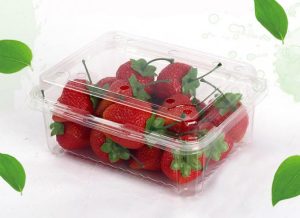
Corflute: Also known as corrugated polypropylene, Corflute looks like corrugated cardboard and separates the outer walls with inner ribs. The rib creates airbags and makes Corflute a strong, lightweight choice for nameplates, POS displays and printed banners. The great weather resistance makes Corflute ideal for indoor and outdoor applications.
Nylon: Strong and stiff, nylon is a high-performance synthetic polymer with exceptional wear properties. The robust molecular structure of nylon makes it the preferred plastic for replacing metal bearings and bushings.
Polyethylene Terephthalate (PETG): Extruded polyethylene terephthalate provides excellent clarity, high impact resistance and exceptional thermoform function. Makes light transmission up to 91 percent compared to glass. PETG is readily available in sheet form for a variety of applications including screen printing, signage, POS displays, and industrial fencing.
High Impact Polystyrene (HIPS): High-impact polystyrene is a soft-touch plastic product widely used in vacuum applications like refrigerators, food packaging trays, and POS displays. HIPS is characterized by excellent deep-drawing capabilities, good chemical resistance and low water absorption.
Acrylonitrile Butadiene Styrene (ABS): Acrylonitrile butadiene styrene has a combination of first-class impact resistance with excellent thermos formability and chemical protection. For this reason, it is a good choice for many in-house applications, including industrial coatings, automatic surface treatment panels, suitcases, sidewalk trays and front covers for game machines.
Aluminum Composite Material (ACM): The material made of aluminum has emerged as a popular product among builders and nameplate designers. The product is lightweight and easy to manufacture, making it a great alternative to traditional materials such as wood, stone and tiles
History of plastic timeline
Plastic as an innovative and life-changing product has an interesting history timeline. The plastic products we see right now are much different compared to prototype versions. The 20th and 21st centuries have rightly been called the age of plastic, and so is the influence and ubiquity of this family of materials.
Plastic permeates all aspects of society. We sleep on pillows full of plastic, brush our teeth with plastic brushes, write on plastic keyboards, drink and eat food from plastic containers – it is impossible to spend a day without encountering some kind of plastic. While we consider plastic to be a twentieth-century material, natural plastics such as horns, turtles, amber, rubber and shells have been used since ancient times.

The horns of animals which were malleable when heated, were used for many purposes and products from medals to cutlery. Comb construction was one of the greatest uses of the horn in the nineteenth century. In the mid-nineteenth century, as a result of the industrial production of goods, some materials of animal origin became scarce. Elephants were on the verge of extinction due to the demand for their ivory which is used in everything from piano keys to billiard balls. The same fate befell other species like turtles whose shells were used for comb and other similar commodities.
Inventors soon patented many new semi-synthetic materials based on natural materials such as cork, blood and milk to address this environmental and economic problem. One of the first was cellulose nitrate – cotton fibers which were dissolved in nitric and sulfuric acids and then mixed with vegetable oil.
The modern plastic goods that we see now are much different compared to the older version. We use oil as the main raw material in plastic products. The modern plastic good can be easily recycled and reused again. The new machines can mass-produce the plastic goods in much lower time compared to old versions.
Types of plastics
Plastic materials and commodities are available in a wide variety. We use different types of plastic products in our daily activities. One of the most used products produced is plastic buckets. The extensive use of plastic buckets in homes, offices, factories and industrial sites allows this product to be designed and produced in different sizes.
Plastic bins are cans that are used to collect garbage, collect recyclables and move various materials. Plastic buckets with different qualities are designed and produced in different sizes. Depending on customers’ needs, the volume and quality of plastic buckets are provided for them. Many industries and companies are widely using plastic buckets. Today, in many homes, offices, supermarkets and commercial and industrial places, you can see examples of plastic buckets for various usages.
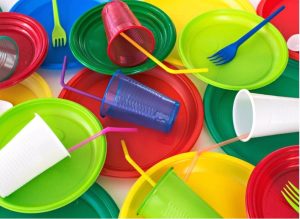
Plastic buckets are designed and manufactured in variant designs and sizes. However, among the types of plastic buckets produced, rectangular and circular types are the most used. Based on the volume and weight, customers will choose the practical option suited for them. Plastic buckets are categorized based on their appearance, bucket volume and raw materials used in their construction.
If you are interested in this product or other plastic products, you can contact us in order to get your needed product. We guarantee the most suitable price and quality for any type of plastic product you need.
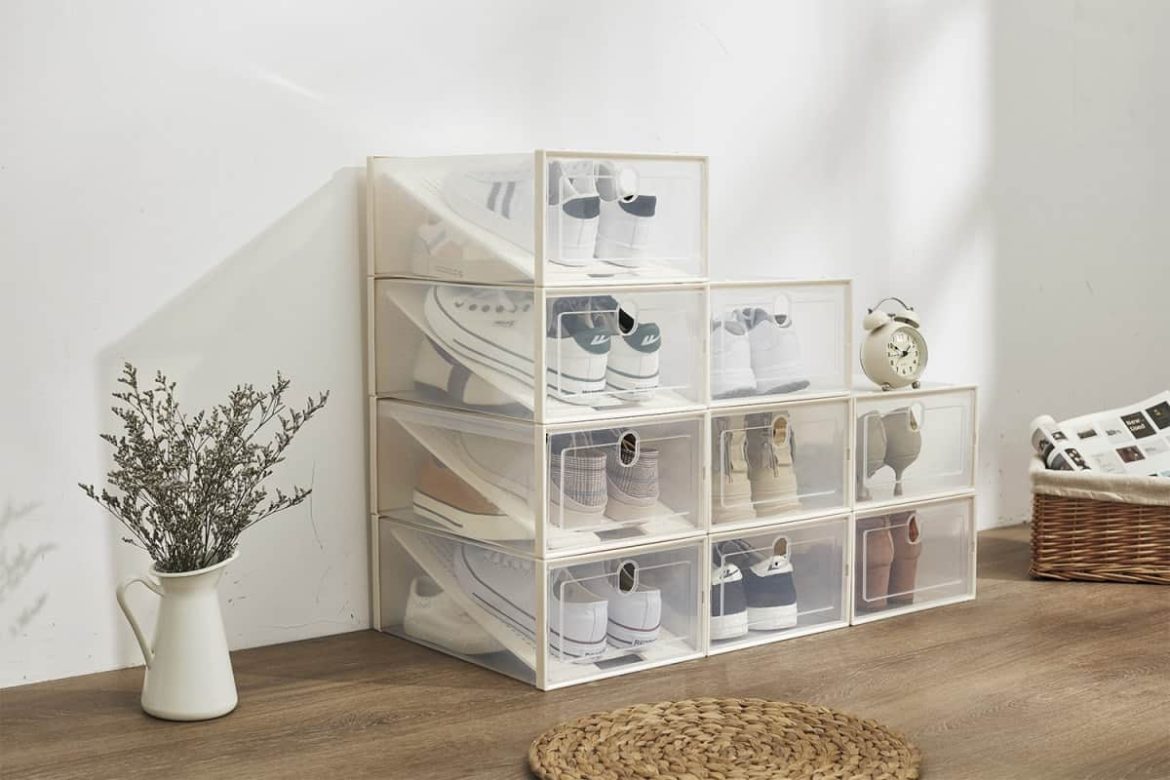
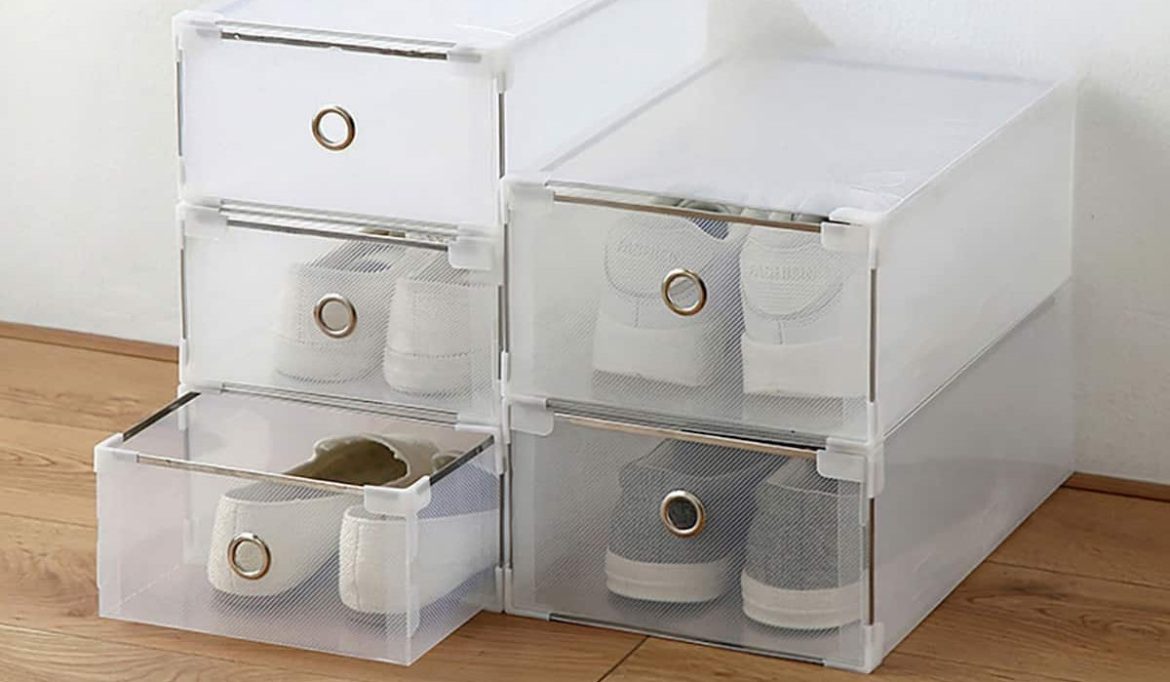
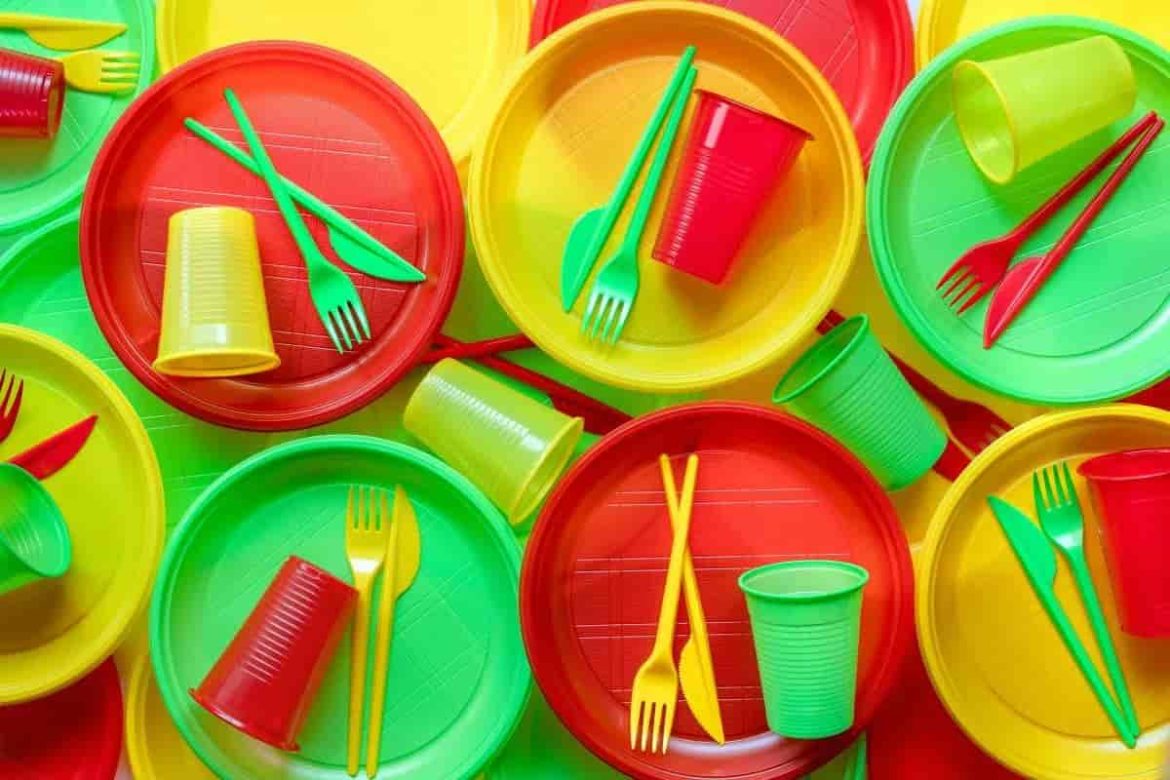
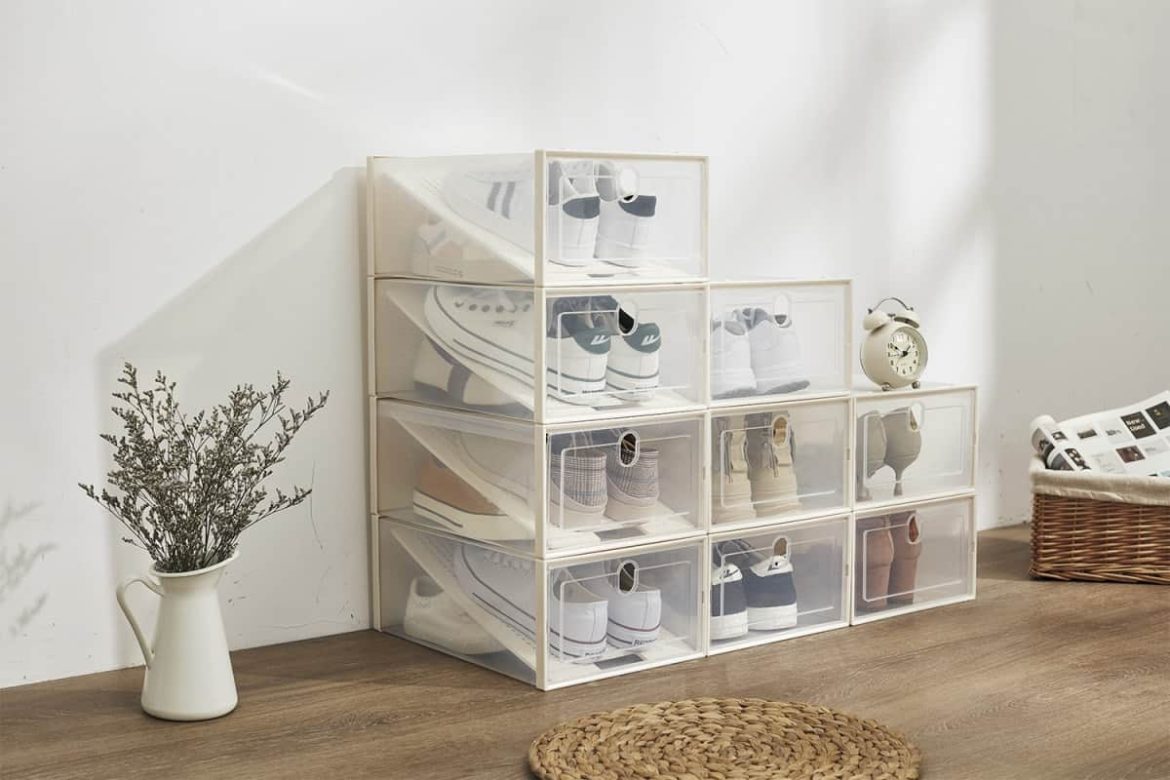
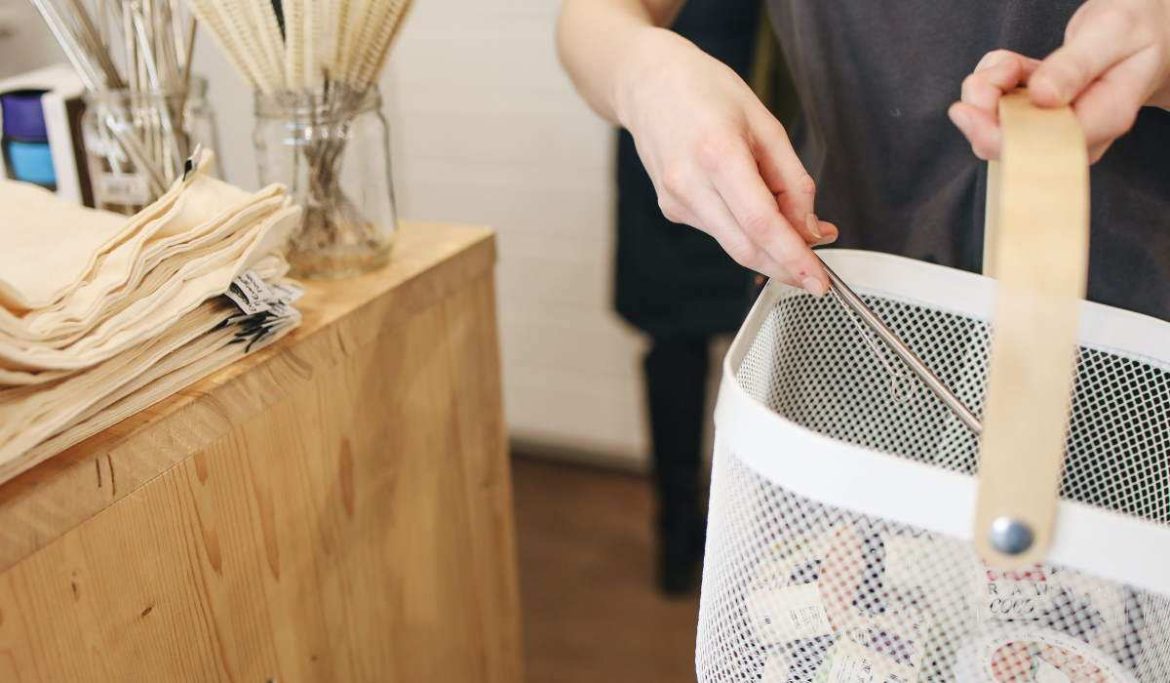
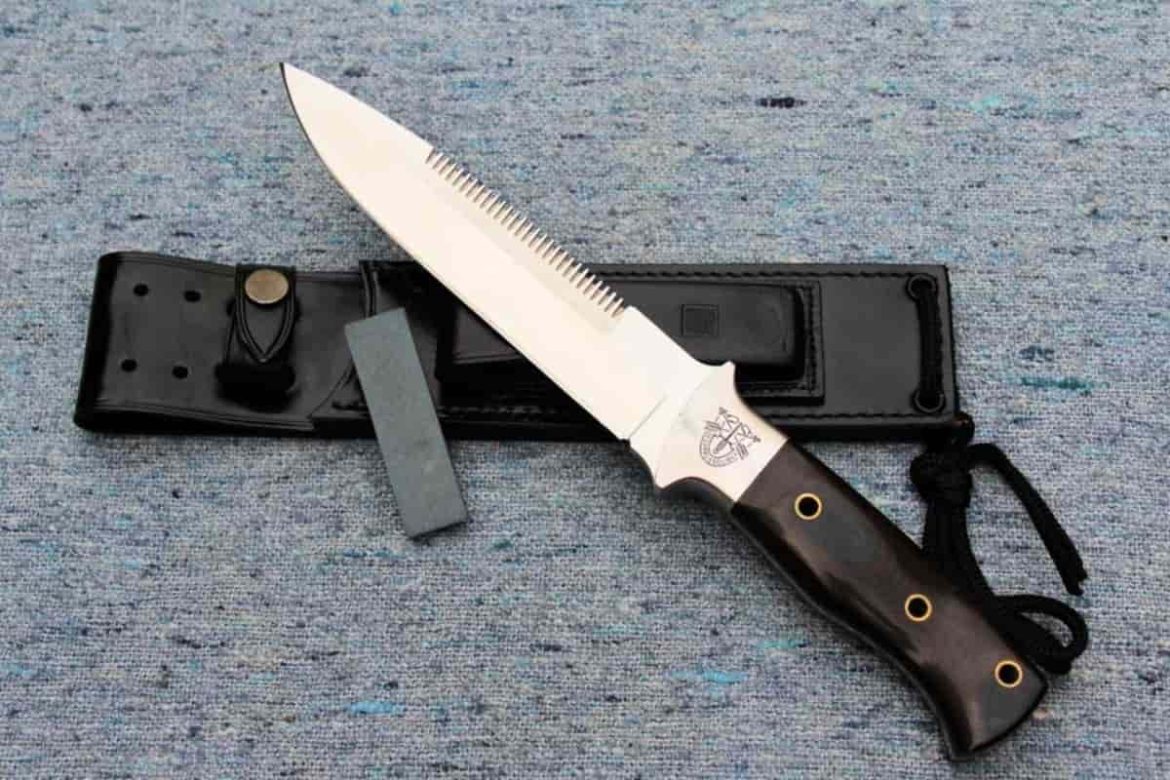
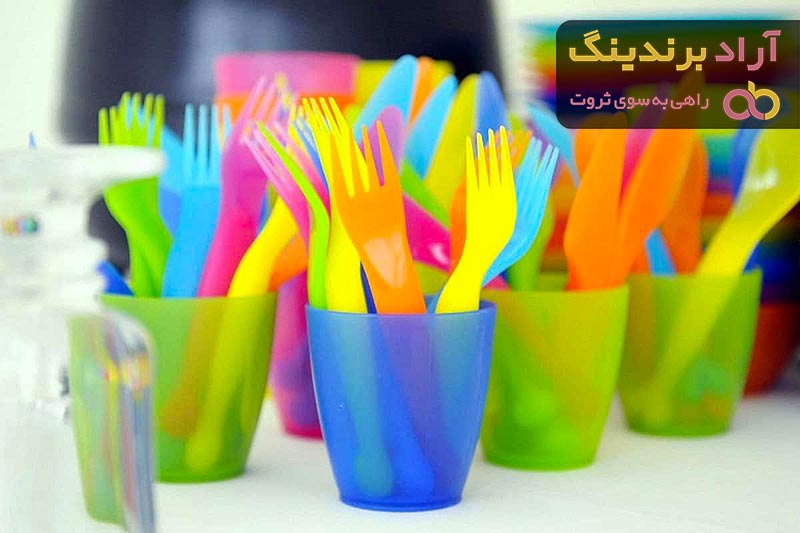
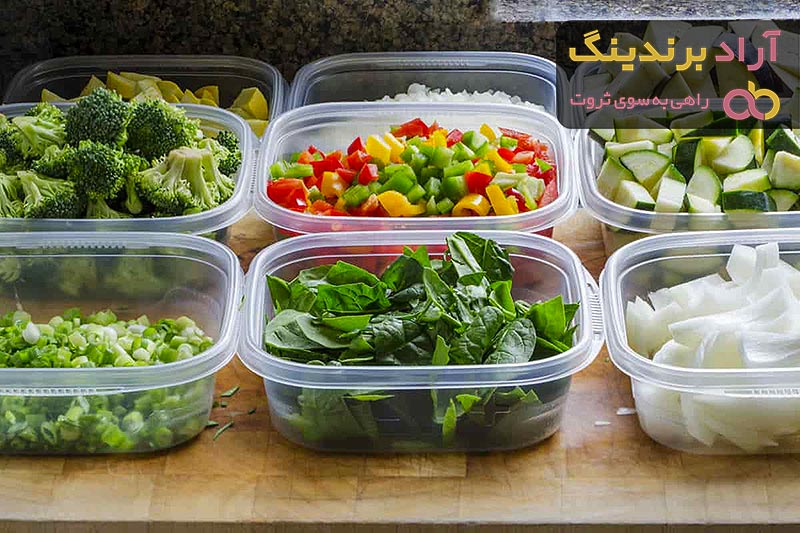

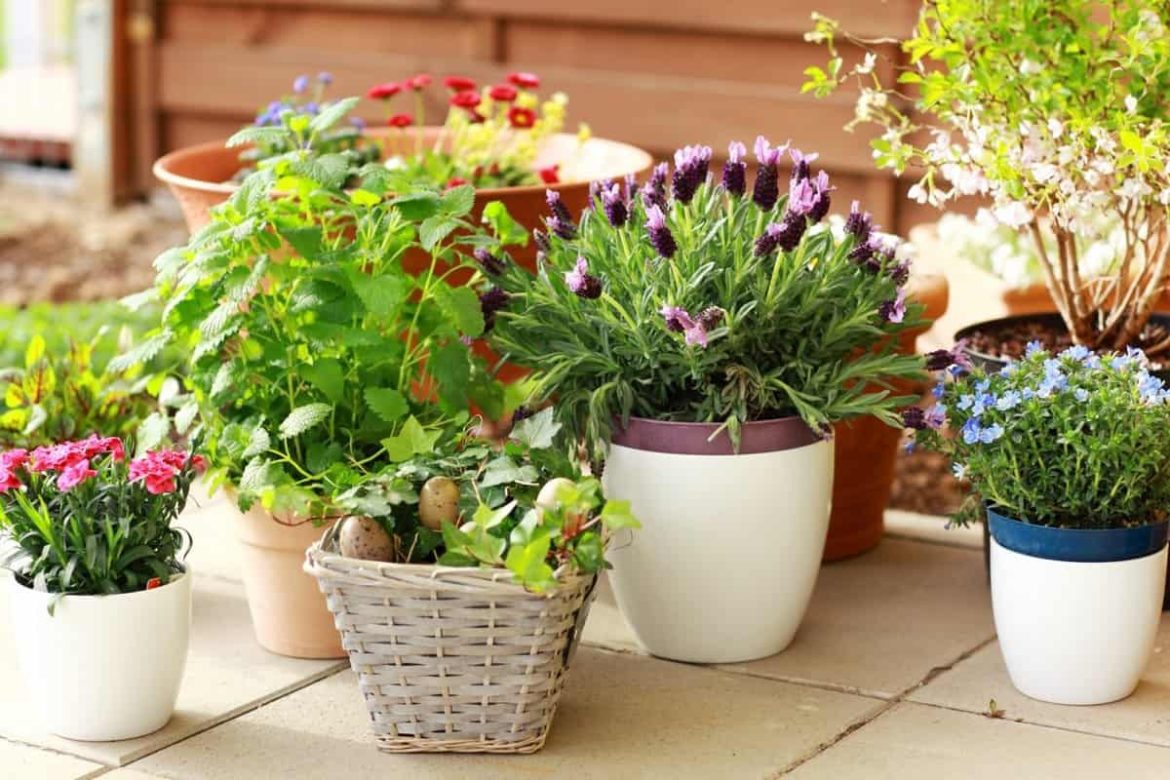
Your comment submitted.